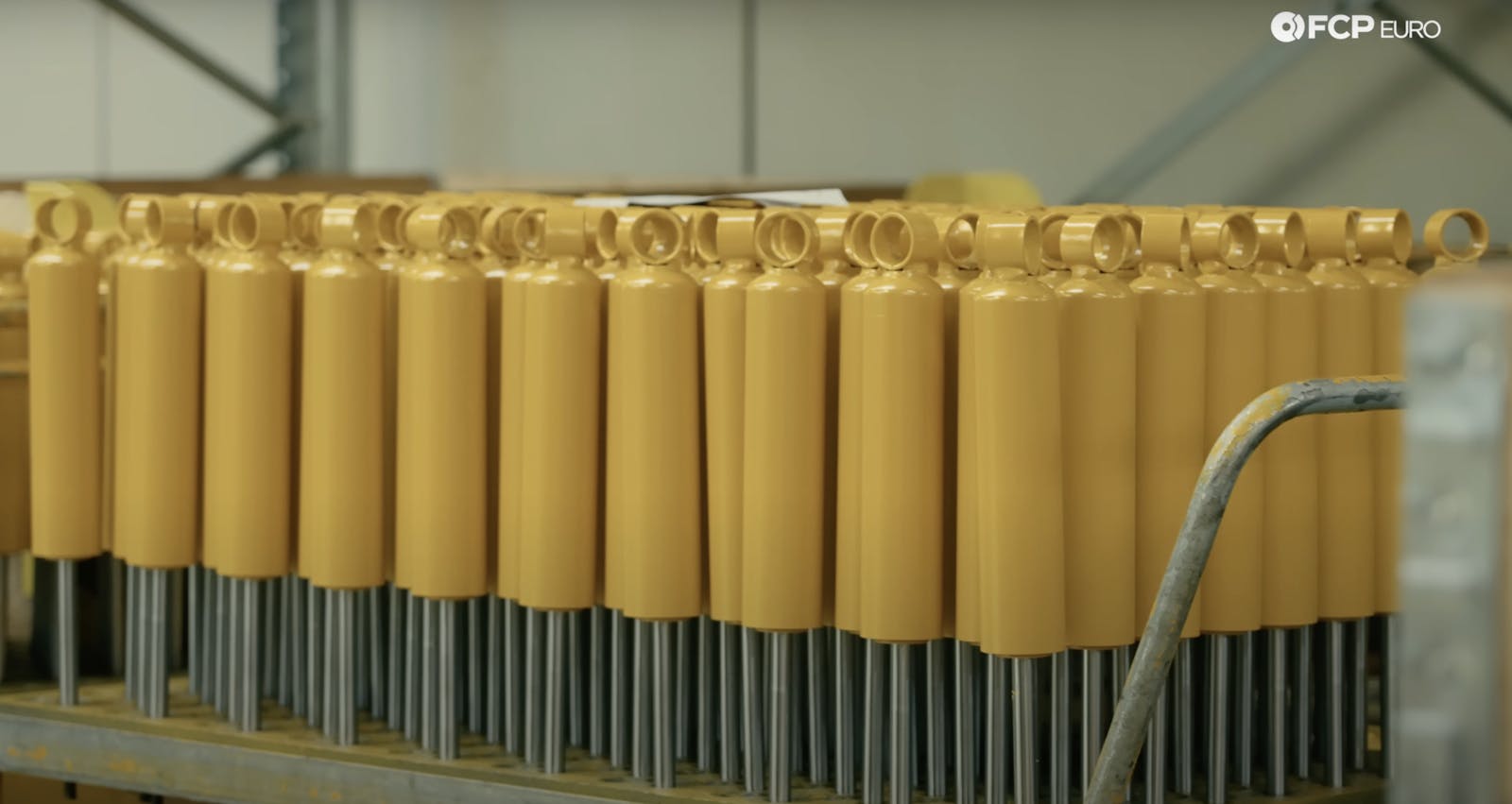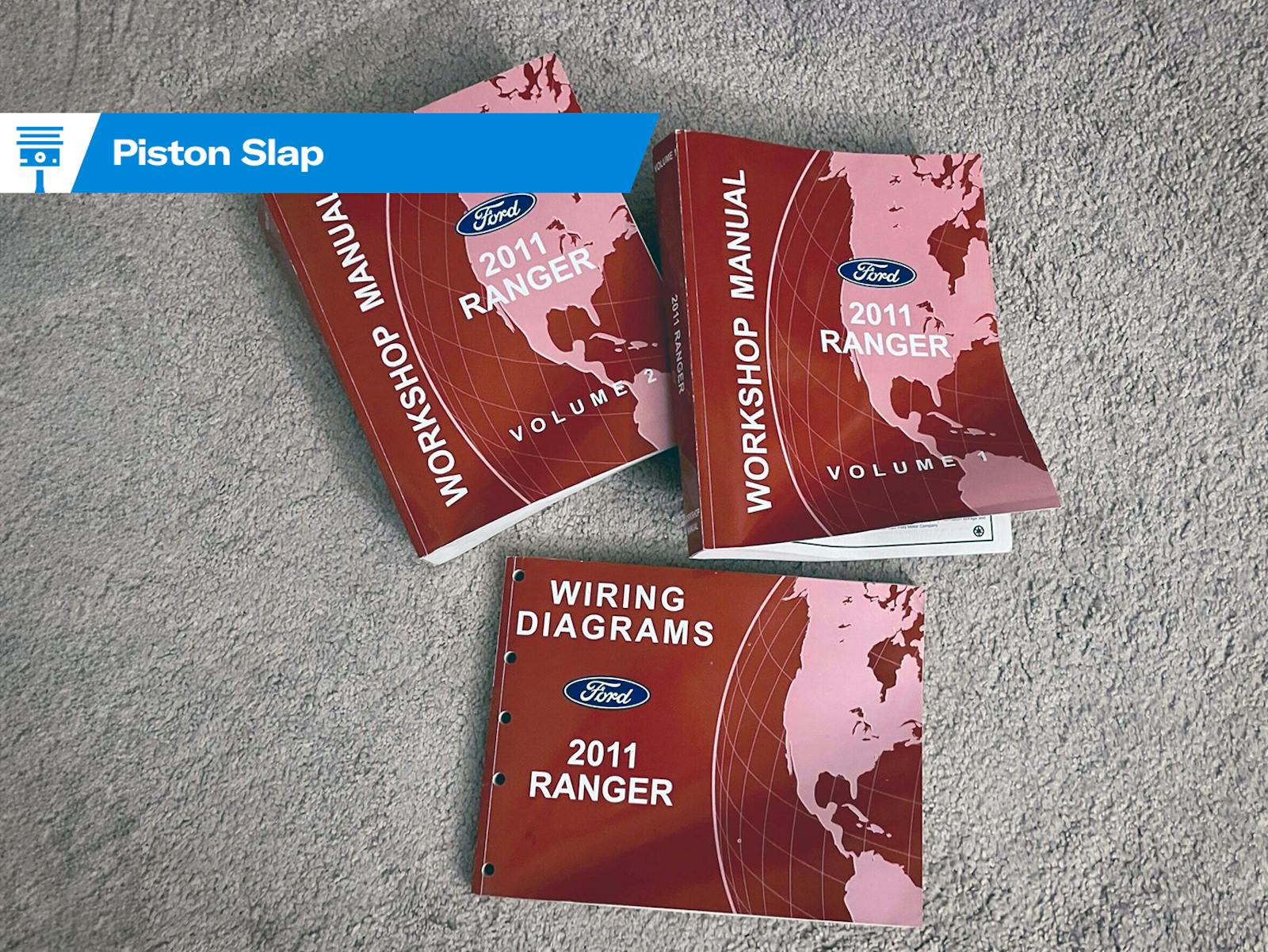Old Cars; New Brakes:The Basics of Brake Upgrades
One of the first areas to address when you’re modernizing a classic car is the brakes. Thanks to a strong aftermarket, this has become fairly straightforward. “Big Brake” kits are available for nearly any common production car, and for the less-common cars, several companies will build you a custom kit. But before handing over your well-earned cash for an upgrade, it’s worth spending a little time understanding what a good setup offers so you can make the right choice.
What Makes a Kit Big?
The big picture of brake theory is that brakes turn kinetic energy into heat, slowing your car in the process. There’s a whole bunch of math behind this process, but the primary factors are the diameter of the rotor or drum, the size of the caliper piston or wheel cylinder, and the co-efficient of friction of the pads. Other factors include the master cylinder bore diameter and the pedal ratio.
In order to increase stopping power, most big brake kits offers larger-diameter disks or drums, larger calipers or wheel cylinders, or both. In addition to increased stopping power, most brake upgrades help reduce fade. When brakes fade, they’ve gotten so hot that the pads can no longer maintain the proper co-efficient of friction, diminishing their stopping power. Larger diameter rotors or drums, with their increased mass, can absorb more heat. Disks can usually absorb more heat than drums (they generally weigh more) and can cool down faster than drums.
Other Considerations
Most cars built before 1968 had single-circuit brakes, meaning that if any part of the system leaks, there could be a complete failure. A good brake upgrade kit is going to include a dual-circuit master cylinder so that half the system can continue to work if a leak occurs.
Pads and their materials are often misunderstood. Many people think larger pads stop better. They don’t offer more stopping power unless there is more clamping force from larger pistons in the calipers. However, they may offer more fade resistance due their size and ability to absorb heat, however. Pad materials are generally designed to work in a certain temperature range. Street pads work well from cold to around 300 degrees (Fahrenheit), while some race pads will hardly work at all until they hit 500 degrees or more.
A brake booster won’t increase stopping power, but can greatly reduce pedal effort and is often a good upgrade for cars weighing more than 2500 pounds.
While disk brakes are generally the better choice these days, drums can still be just fine if sized right. As a rule, a similar sized drum setup will stop as well as a disk setup, but will fade faster. The sizing and background math is very important: for example, replacing a set of 12” 1940 Ford drums with a set of 9” Mustang rotors may not be an upgrade at all.
Some kits or installers ignore parking brake setups. They’re generally easy to install and not very expensive. They also offer great insurance for parking on inclines or in the case of catastrophic brake failure.
Brakes are a System
It’s important to remember that there is math running throughout a brake system, and the numbers need to add up correctly. Put more directly, it’s important that all of the components in the system are designed to work properly together. This starts with the pedal and its ratio, then moves onto the master cylinder bore and stroke. Following that, the front and rear system sizing and bias fit into the equation (sometimes with a proportioning valve). There are many books and websites available to understand how this brake math works. However, if all this brake math is beyond you, be sure to buy a kit from someone who truly understands it. Finally, no brake kit is going to function well on a bad set of tires.
Sources:
Speedway Motors
Brake kits for many American cars
www.speedwaymotors.com
800.979.0122
Engineered Components Incorporated
Brake kits for many American cars
www.ecihotrodbrakes.com
860.872.7046
Wilwood
Brake calipers and component manufacturer
www.wilwood.com
805.388.1188
Moss Motors
Brake upgrades and kits for many British cars
www.mossmotors.com
800.667.7872
Xks Unlimited
Brake upgrades and kits for Jaguars
www.xks.com
800.444.5247



The correct word is maths, not math aaaaaahh! Bob UK